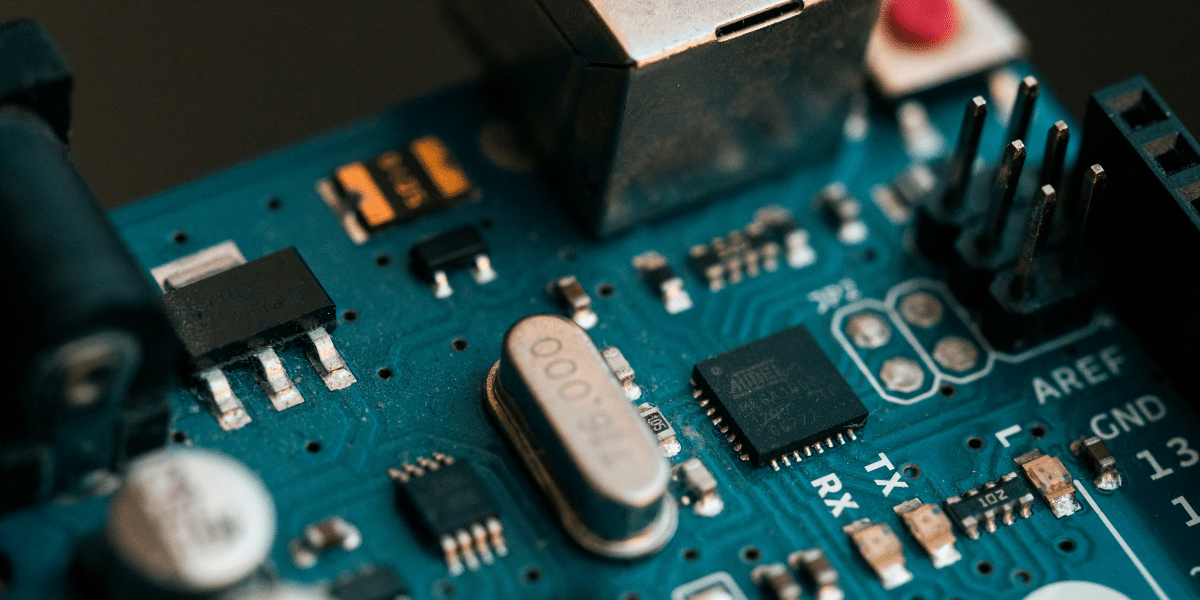By: Alexey Dombaev
In today’s world, the safety and efficiency of energy resource utilization are becoming increasingly important. Smart grids represent an innovative solution that can significantly enhance the reliability and resilience of energy supply, as well as the integration of renewable energy sources. In this article, Sergei Rybakov, an electrical engineer and expert in smart electrical devices, shares his knowledge and experience in the development and implementation of smart electrical grids. He discusses key technologies, benefits, and challenges faced by modern smart grids, and shares his perspectives on their development in the coming years.
Sergei, could you please share your experience working with smart grids? What attracted you to this field?
Of course, it’s the safety. The use of smart systems, or so-called intelligent systems, in homes, everyday life, and production significantly increases our safety. We aim for these systems not only to facilitate our work but also to function in a passive mode, providing protection without the need for constant supervision. This is important for both homes and industrial facilities. Intelligent systems should be unobtrusive, allowing us to rely on them without extra effort.
What are the key technologies used in smart grids?
Smart grids use various measurement and monitoring devices, such as smart meters and Phasor Measurement Units (PMUs). Communication technologies include wireless networks (Wi-Fi, ZigBee, 4G/5G) and wired networks (Power Line Communication – PLC). Information systems and software, such as SCADA and Energy Management Systems (EMS), aid in monitoring and managing the grids. Additionally, energy distribution technologies, energy storage systems, and analytics using artificial intelligence are crucial. All these technologies ensure more efficient resource distribution, energy loss minimization, and increased reliability of power supply.
How do smart grids help optimize energy distribution?
Smart grids help optimize energy distribution by using various technologies and methods. Real-time monitoring and management provided by smart meters and PMUs allow grid operators to quickly respond to changes in energy demand and supply and to resolve issues. Big data analytics and machine learning are used to analyze historical data and forecast future energy demand, helping operators plan and distribute resources more effectively. EMS and Distribution Management Systems (DMS) optimize energy flows in the grid, balancing loads and minimizing energy losses. Integration of renewable energy sources, energy storage systems, two-way communication with consumers, and automation also play key roles in this process.
What role do smart grids play in integrating renewable energy sources?
Smart grids play an important role in controlling and managing electricity from renewable sources. They help optimize the use of these sources and integrate them into the main electrical system, which improves overall efficiency, resilience, and the safety of the energy supply.
What do you consider the most significant advantages of smart grids?
The advantages of smart grids include efficient energy management and reduction of energy losses. Real-time data usage and analytics allow for forecasting peak consumption and optimizing energy distribution. More precise control over energy flows helps minimize losses in the grid, enhancing overall efficiency and reliability of power supply.
Can you provide examples of successful smart grid implementations?
In my career, I have worked on numerous automation projects using smart technologies, from residential buildings to industrial facilities. One of the most interesting projects is our own office building, which we have automated and continue to improve. This ongoing process allows us to implement tested solutions for our clients.
What challenges do you see in the development and implementation of smart grids?
Compared to countries like the USA, where these technologies are highly advanced, the process of integrating smart devices into domestic networks is quite difficult and expensive. This is especially true for older housing stock, which complicates the widespread adoption of smart technologies. The development of smart grids also involves the integration of artificial intelligence, which can predict the algorithms of grid operation. Interaction between electrical devices and electronic gadgets will become increasingly integrated, leading to greater efficiency, safety, and convenience.
What are the future prospects for smart grid development?
In the coming years, smart grids will increasingly use artificial intelligence to optimize operations. Classical electrical devices and processes will remain important, but the redistribution of electricity based on load and the use of energy-saving devices, such as solar panels, will actively develop and integrate, enhancing overall safety and reliability of the power supply.
Conclusion
Technologies are created to make our lives convenient, safe, and comfortable. I am confident that the development of smart electrical grids will enable us to achieve this fully. It is important to continue implementing innovations and strive to create a safer and more efficient world.
Published by: Martin De Juan








